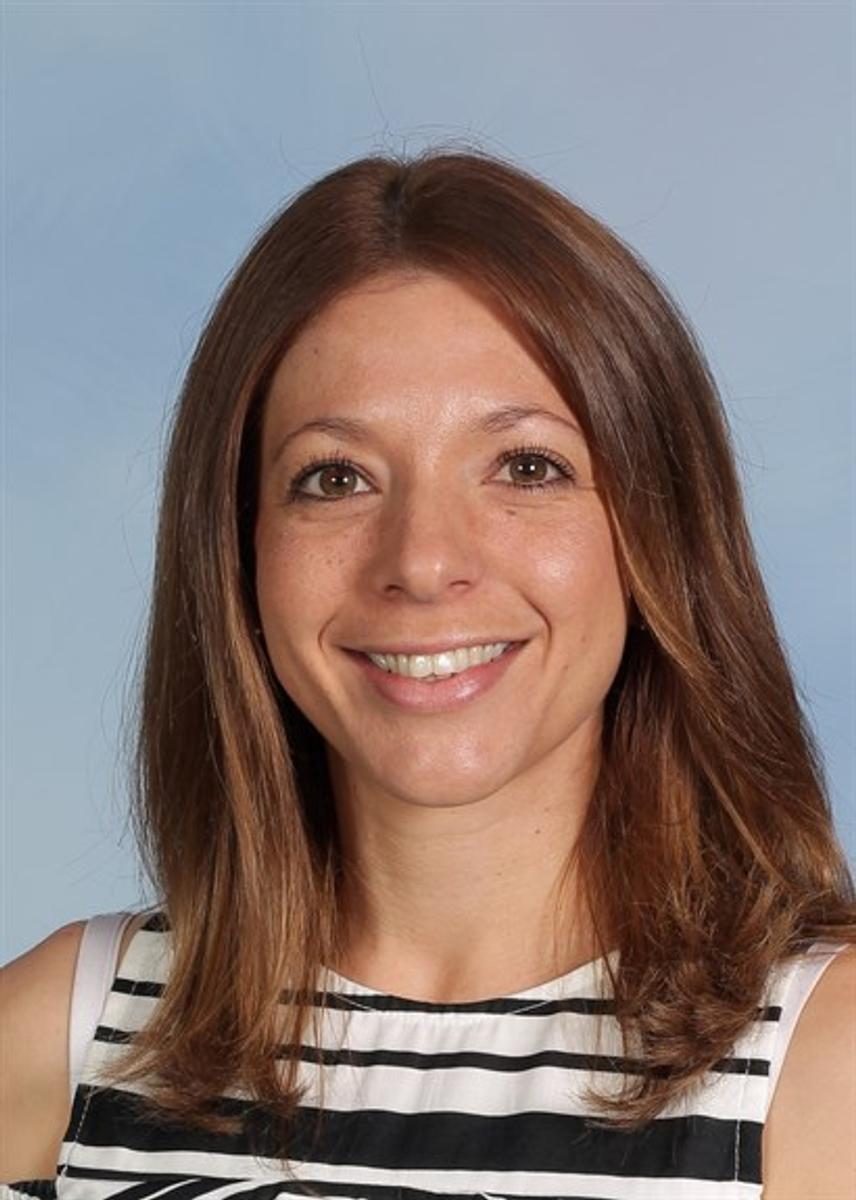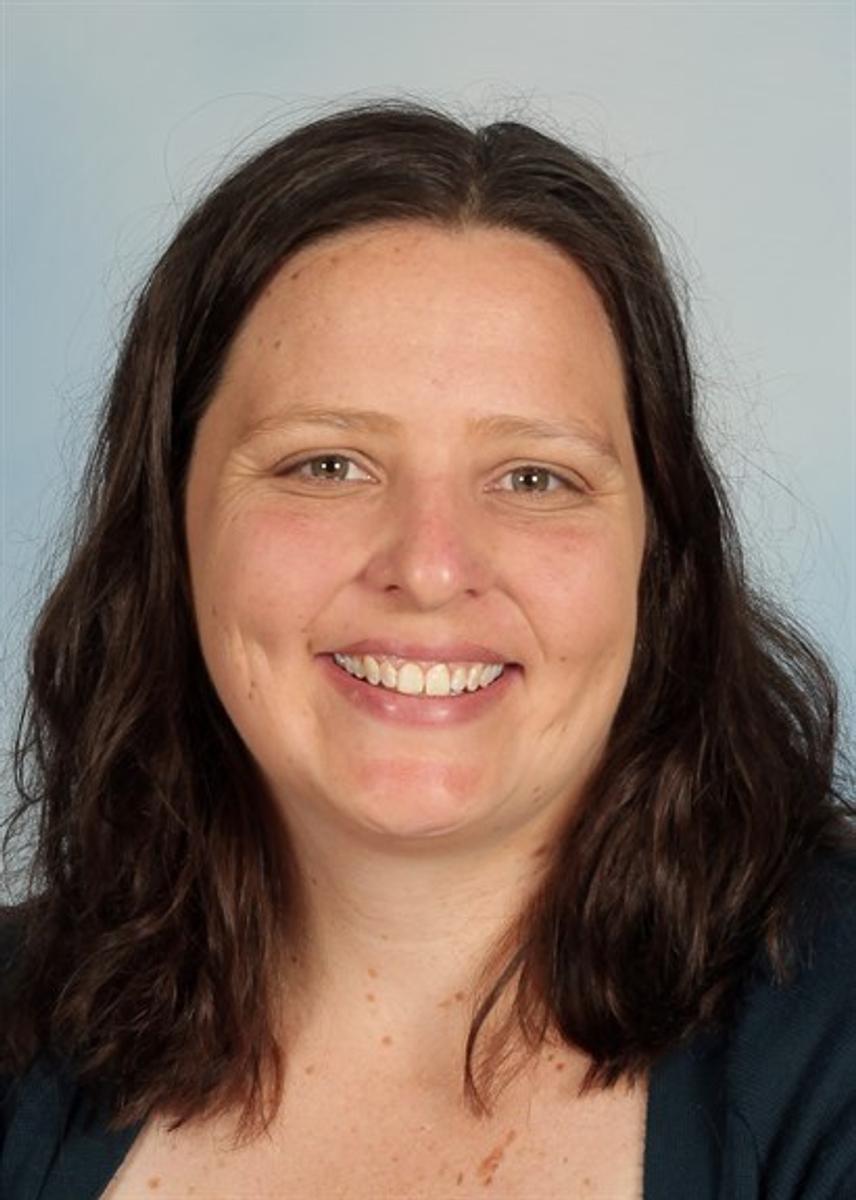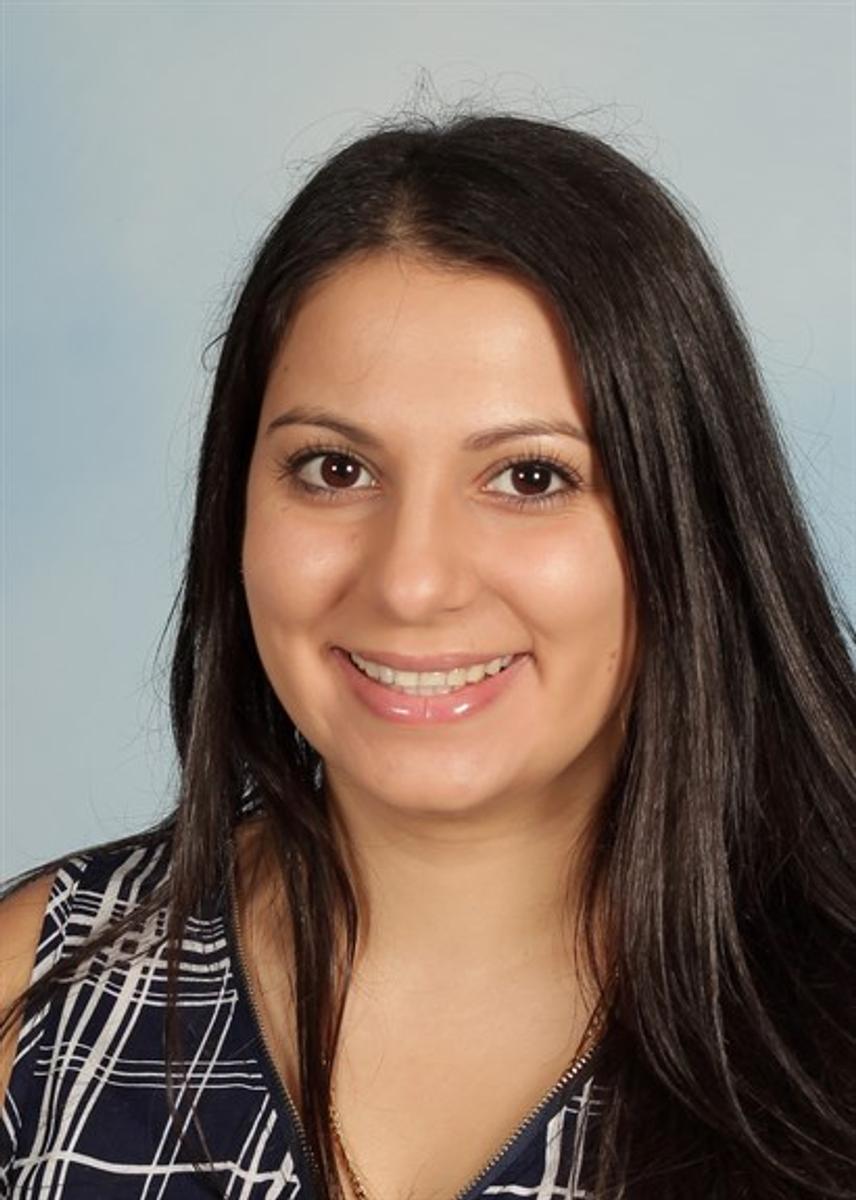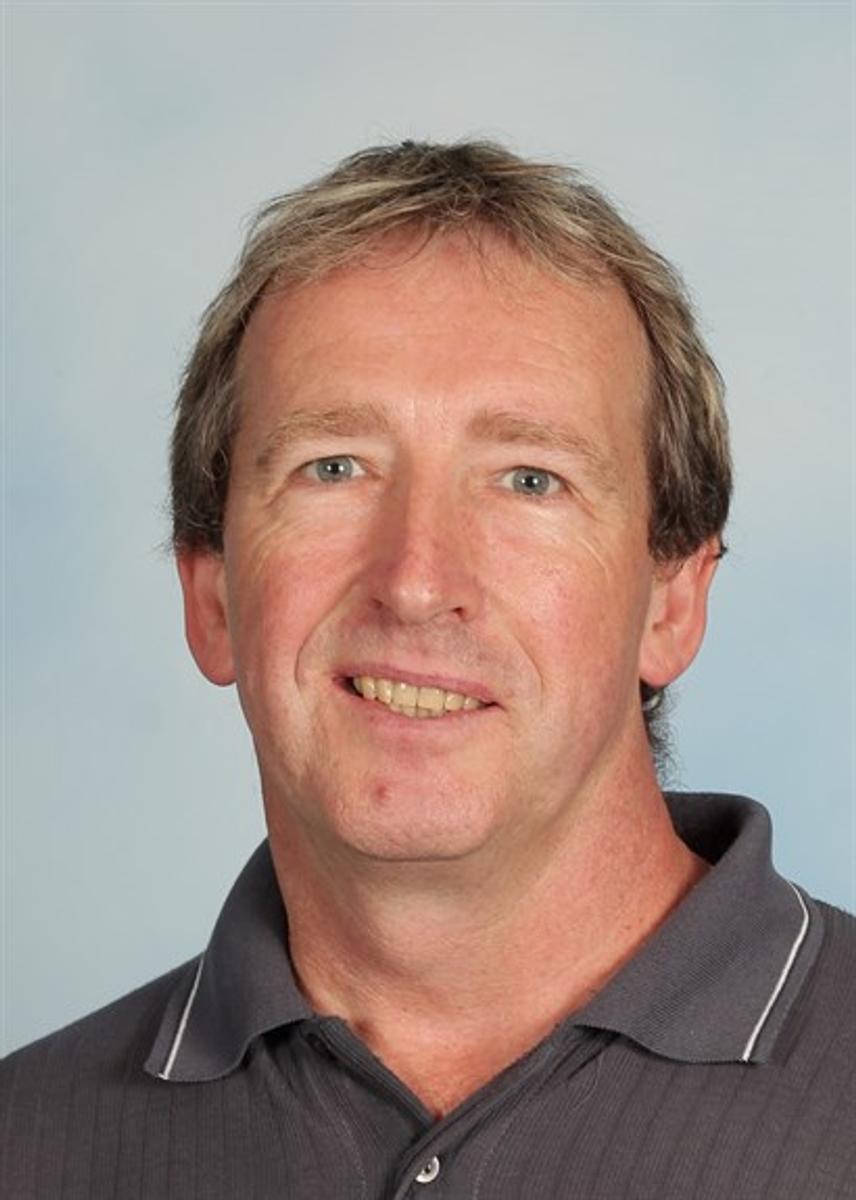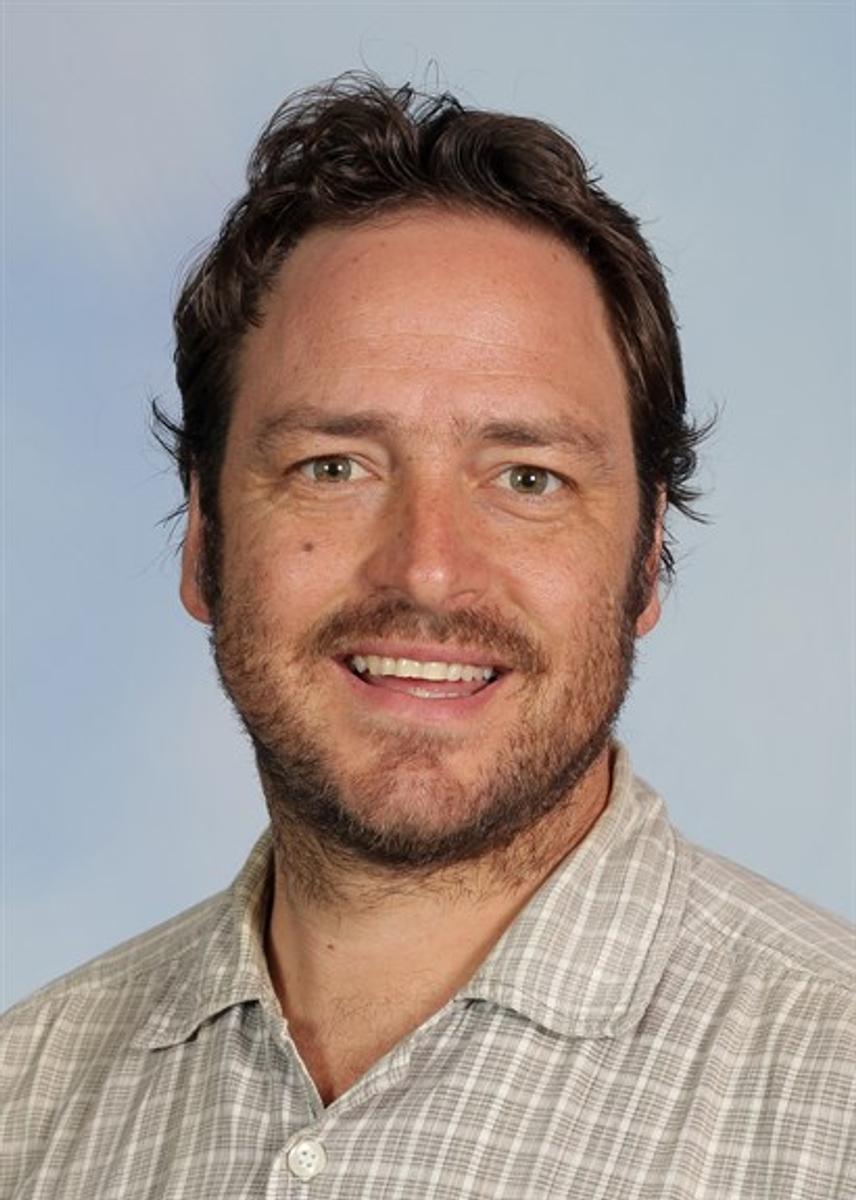Wellbeing

Wellbeing Team
Amanda Xavier
Wellbeing Co-Ordinator & Leader of the Doctors in Secondary Schools Program.
Amanda has been working in education for 10 years, 6 of those being at MSC and has had various roles within careers, wellbeing, teaching and student support.
Prior to working in education Amanda worked in residential care and drug and alcohol community organisations with disadvantaged young people.
Amanda is passionate about working with and advocating for young people and is a strong believer that emotions are the gatekeepers of the intellect therefore, positive wellbeing results in better academic outcomes.
Stacey James
Wellbeing Counsellor- Intake and High Needs Students
Stacey James started at Melton Secondary College at the beginning of Term 4, 2015. She previously work in the Department of Education regional office in Horsham for over 5 years. Her role was as part of Student Support Services Team where she travelled to schools across Western Victoria as a visiting Social Worker.
Over her time working in the education setting, Stacey has developed particular skills in working with student dealing with mental health issues.
Danielle Giampino
Wellbeing Counsellor- Therapeutic Intervention
Daniella Giampino has worked in secondary schools for the past 2 years as a school counsellor, starting at Melton Secondary College Term 3, 2016.
Previously Daniella worked at a youth refuge for teens aged between 16 and 24 years, and as an applied behavioural analysis therapist for children aged between 2 and 6 years. Daniella enjoys working with groups of students in proactive programs.
Chris Lang
Wellbeing Counsellor- Programs and Attendance
Chris Lang has worked at Melton Secondary College for the past two and a half years. He has a Bachelor of Arts Degree and a Graduate Diploma in Adolescent and Child Psychology.
He has been working with adolescents in both schools and community agencies for over twenty years in a variety of government funded programs but predominantly with young people at risk of homelessness, those in Out-of-Home care and at risk of leaving school prior to completion.
Chris has a particular interest in dealing with issues of anger and runs the RAGE and Triggers, Choices and Control programs at the school.
Nathanael Poljak
Registered Nurse/ Secondary School Nursing Program
The Secondary School Nursing Program which aims to reduce risk to young people and promote better health in the wider community.
The goals of the SSNP are to:
- Play a key role in reducing negative health outcomes and risk taking behaviours among young people, including drug and alcohol abuse, tobacco smoking, eating disorders, obesity, depression, suicide and injuries.
- Addresses prevention of ill health and problem behaviours by ensuring coordination between the school and community based health and support services.
Nathanael contributes in supporting the school community in addressing contemporary health and social issues facing young people and their families. This has included working with eSmart in cyberbullying issues, Melton council in addressing safe driving in our community, and gambling awareness issues with VRGF (Victorian Responsible Gambling Foundation). Nathanael has currently worked on addressing Family Violence and Respectful Relationships in Melton SC and the community by presenting education in the classroom and in small groups within the school.
Secondary School Nurses are employed through Regional Offices of the Department, with most nurses allocated to two secondary schools.
SLEEP
Many teenagers are sleep deprived. They need a minimum of nine hours sleep, but it seems, many get only 7 ½ hours sleep per night.
Good sleep habits have been shown to improve mood, concentration and performance at school or work. They may also help control overeating and help prevent obesity. Lack of sleep is linked to symptoms of depression such as feeling down, hopeless, irritable, having thoughts of suicide, and using alcohol or other drugs.
For young people, not getting enough sleep might be caused by biological factors: such as puberty or changes in your body clock, environmental factors: such as social pressure, school or university workload, use of electronic devices, or using alcohol or other drugs.
Headspace share some tips for a good night’s sleep:
1. Aim to get to bed and wake up around the same time each day
2. Turn off your screens (such as your phone, TV and laptop) at least 30 minutes before bedtime.
3. Exercising during the day is a good way to make you tired at night
4. Try to limit how much caffeine you have, including coffee, energy drinks and soft drinks. Also try to avoid caffeine entirely after lunchtime
This is a Short Message from your Melton SC Wellbeing Team. If you have any issues regarding this and are unsure where to turn please make an appointment with the school wellbeing team.
This message is adapted from Headspace – National Youth Mental Health Foundation
They can be contacted at the Sunshine office on 9927 6222. Headspace will also shortly be opening in Melton – watch this space for further advice on this.
North Star Dental Service
North Star Dental will be attending Melton Secondary College in their mobile dental clinic in 2018. The clinic will provide our students with free quality dental treatments under the child dental benefit scheme. To find out if your child is eligible and for more information please visit humanservices.gov.au/childdental).
The mobile dental clinic will be at our college between the 30th of April and the 4th May 2018. Consent forms and more information will be sent home with your child in the coming weeks.
INTERNET: Parent Tip Sheet
WHAT IS THE ATTRACTION?
The Internet has a myriad of attractions to young people. It is instantaneous, highly interactive and immensely private, which are highly prized attributes for most young people. It gives them access to their mates, music and media without leaving home. It has addictive qualities we know, but that does not mean that a young person should become a Net addict.
HOW SHOULD PARENTS REACT?
TREAT .COM RELATIONSHIPS AND ACTIVITIES LIKE ANY OTHER:
Mocking their cyber friends and cyber activities can only drive them further into the cyber world of rebellion and further away from the real world.
IF THE CYBER WORLD IS THE REAL WORLD for your young person as he shuns most other activities as well as people it may be time to take some action or even get some help.
INVOLVE YOURSELF IN THEIR CYBER ACTIVITIES, much as you would any other type of activity. Take the time to find out what they are doing and what they get from the activities.
NEGOTIATE ONLINE TIME ALLOCATIONS and share time online with other interested siblings. Locate the computer connected to the Internet in a public place at home so that you are accessible and also so sharing can occur.
ASK YOUR YOUNG PERSON WHAT A REASONABLE AMOUNT OF TIME MAY BE ONLINE. If they violate that limit then ask them if they have a problem. Let them think it over for a time. Perhaps you can bargain real time activities in exchange for time online.
OFFER OFFLINE ALTERNATIVES TO ENTERTAINMENT, EDUCATION AND COMMUNICATION. Remind them that there are offline alternatives, even if they do not use them all the time.
This is a Short Message from your Melton SC Welfare Team. If you have any issues regarding this and are unsure where to turn, please make an appointment with the school welfare team. Thanks, Nathanael.

